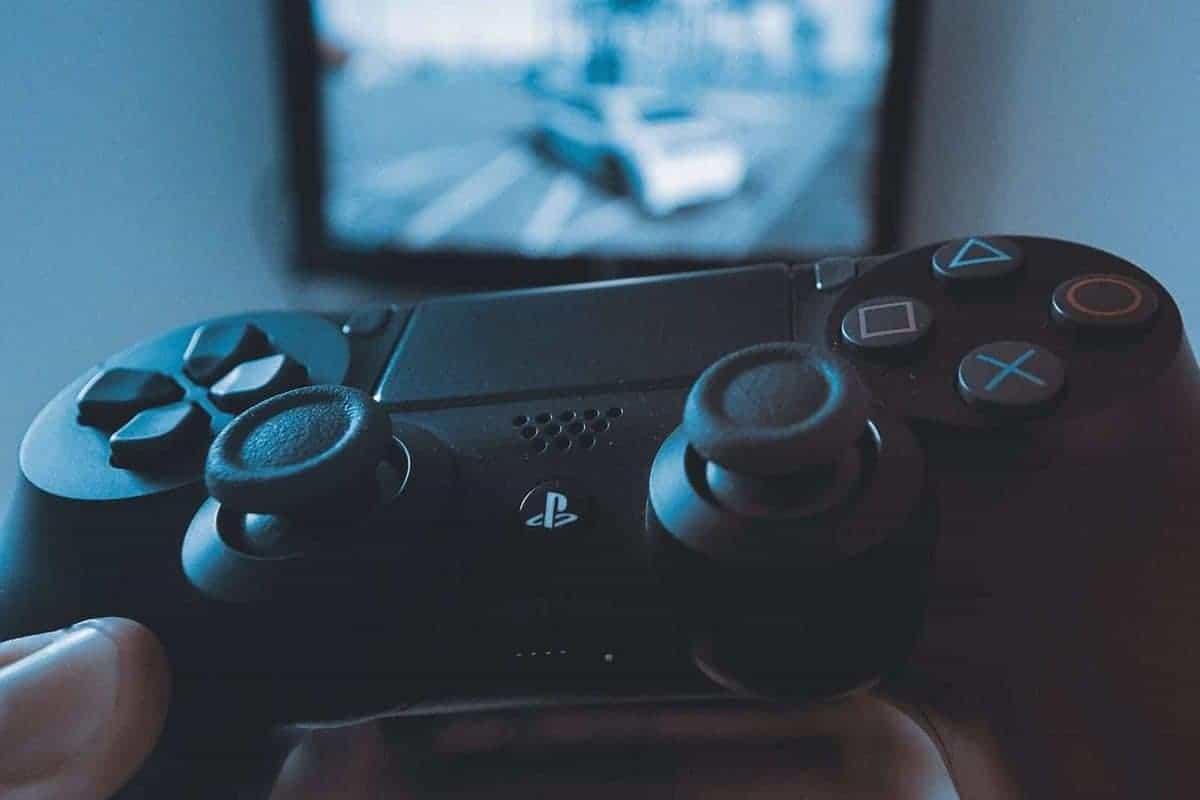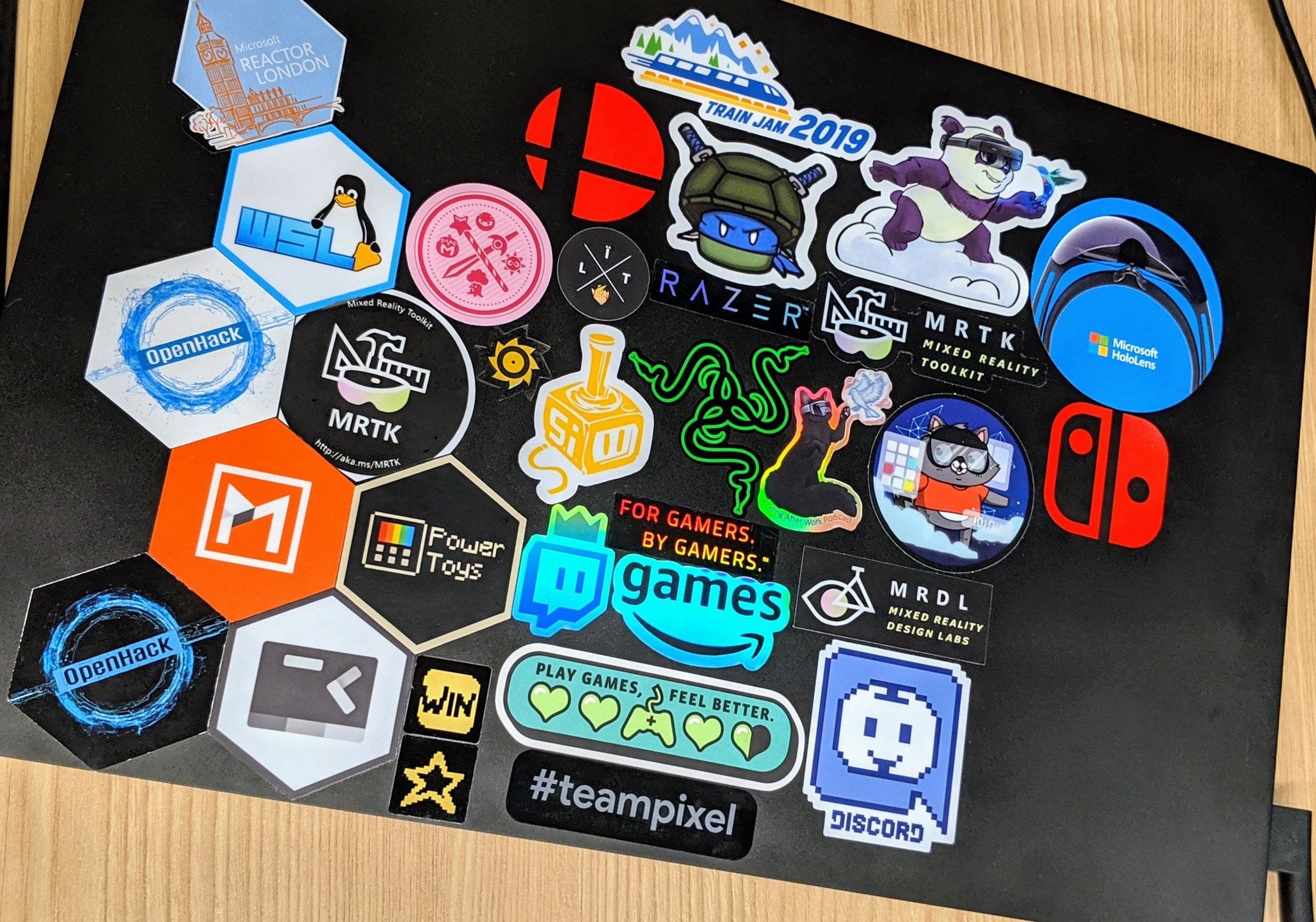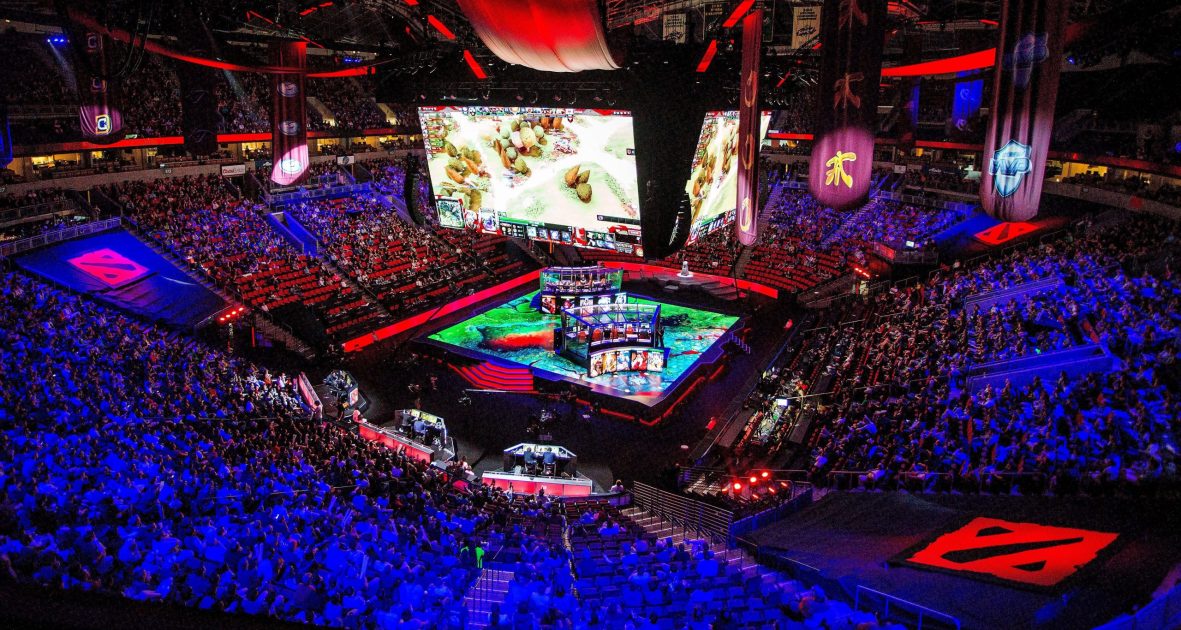New rules in China have made dramatic changes to how young people are able to play online video games. China’s law, which came into effect in September 2021, limits people under the age of 18 during the week leaving just the hour of 8 pm till 9 pm on Fridays, weekends, and national festivals. Realistically, nobody was surprised by this, as China tends to micromanage many aspects of its citizens’ lives, and this is just another step they have taken towards that.
As parents faced nightly homework battles (the average student studies 55 hours per week, an insanely high metric by most standards) and young people were glued to their laptops, computers, and phones, the Chinese government has taken the somewhat drastic step having previously introduced a rule in 2019 of 90 minutes use on weekdays and three hours on weekends.
The Chinese government has set these new rules in a bid to tackle what they believe is online game addiction and to apparently promote the healthy growth of young people.
The Consequences
This ruling in China will have major repercussions in eSports betting with the changes in how players in China are able to prepare.
Some of the most anticipated and viewed eSports events are based in China, with Shanghai and Beijing being the busiest of the cities, though it spreads across the country.
Events such as The International 2019 were held in Shanghai, the 2020 Honor of Kings World Champion Cup was in Beijing, the 2021 League of Legends World Championship Final was in Shenzhen and the 19th Asian Games in 2022 will be held in Hangzhou.
A key part of eSports play in creating the right team and European based Team Liquid are the highest earners so far with a total prize money value of $37.82 million. Vici Gaming, a Chinese-based team is the tenth highest earning team in eSports to date with prize money earnings of over $15 million.
Formed in 2012, Vici Gaming is a strong team in The International and has brought home more than $2.6 million dollars from their 2019 and 2021 performances. There have been a number of changes of those who are part of the team over the years, but all players have come from China and been able to build their way up from a young age.
Lu Yao is currently the highest-earning Chinese eSports player with overall earnings of nearly $3 million. He was the best player in China at Dota2 and was the China Professional League winner in seasons 1 and 2 of 2020. He also finished third in The International 2019.
Currently 26, he competed in the China Dota Elite Community in 2013 at the age of 18. He had previously played DotA beforehand. He had played online games for a number of years before this and that time as a young player helped him build the necessary skills to be able to compete professionally.
Around 50% of all eSports viewers are based in Asia and China makes up a large part of the market. With this rule change of how young people are able to access online games, major ramifications on the future of Chinese eSports athletes.
With just three hours per week, the Chinese young gamers are unable to build up the skills and game understanding necessary to be able to compete in global tournaments. The new opportunities can be limited for those looking to develop and build a career in eSports which players prior to them had.
This could affect the Chinese market as well in terms of viewing figures. Without the big names in Chinese eSports, there could be a diminished market in the future. As with most sports, fans will often tune in to see the top players from their country and if young Chinese players are unable to train and play for longer hours, they could find themselves struggling to compete.
There will obviously be ways around this, with many logging in under their parents/older siblings’ or friends’ accounts. Being able to “cheat” the system may be the only way for young people to gain the experiences they need to continue their dreams of being eSports professionals.
The strict and dramatic rule change will seem harsh to many and unbelievable in some countries. A study by Rutgers University found that middle-school students in China who used mobile games for more than an hour per day plus over four hours on the weekends had worse school grades, as well as more boredom and lack of concentration in school.
Taking this into account it is understandable that the Chinese government would want to help parents in monitoring the usage of online games in young children. Many parents across the world will be having the same difficulties in getting their children to do their homework and turn off the games.
Making it law will have made eSports organizers and teams start to come up with new ways in keeping the Chinese market as well as how to develop the players. Time will tell how this affects the industry in China and how players will learn their craft.




